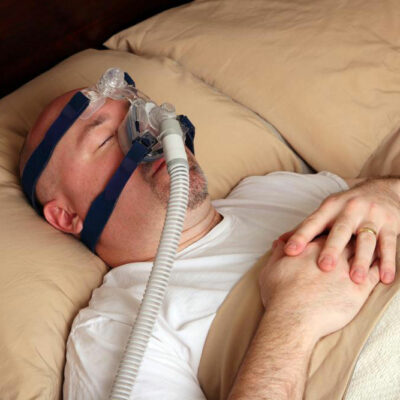
Sleep Disorders
Understanding the three major types of sleep apnea
What people crave toward the end of a tiring day is a good night’s sleep. People often equate snoring loudly to sleeping blissfully and are often unaware of the serious connotations of the same. Snoring that is often loud, disruptive, and regular is a symptom of a sleep disorder known as sleep apnea, which affects about 20 million people in the country. Sleep apnea is a serious sleep disorder where the individual stops breathing periodically when asleep. Moreover, these cessations in breathing can occur anywhere from a few times to hundreds of time throughout the individual’s sleep. Sleep apnea is often accompanied by a slew of other health ailments as the cessations in breathing implies that the person is partially awake, and this forces the brain to come out of the deeper stages of sleep to make the body start breathing again. As this occurs several times throughout the sleep, it disrupts the person’s sleep and as the quality of sleep deteriorates, various other medical complications arise. There are three types of sleep apnea, each of which affects the individual in different ways. Obstructive sleep apnea (OSA), central sleep apnea (CSA), and mixed sleep apnea are the three major types of sleep apnea and learning more about them will help people identify the condition and seek treatment accordingly.
Read More 









